Description
15 DAYS FRUITS AND VEGETABLE FIBER DRINK
Today’s modern diet consists of fast food, delicacies and temptations. Both fast food and lavish meals are mostly high-fat and low-fiber which will severely disrupt the function of intestinal tract, cause excess weight and addiction, affect insulin and diabetes, cause obesity and cardiovascular disease and many more….We can absolutely change our daily diet to a high fiber diet to maintain good health but with today’s busy lifestyle, how much fruits and vegetable fiber can we consume in our daily meals? How many times can we pamper ourselves with home-cooked and pre-planned meals with the right balance of soluble and insoluble fiber?
What are soluble and insoluble fiber?
Soluble fiber dissolves in water and is found mostly in fruits, oat bran etc. It has a gel-like consistency that increase bowel by increasing the volume of bulk in colon.
Insoluble fiber which doesn’t dissolves in water and is found mostly in vegetables. It works like a sponge and it grabs the toxins in our body to eliminate them out to the toilet.
Why taking adequate fiber daily is important?
Some people might think it’s all about overcoming constipation.
Actually, not exactly, if you google the benefits of fiber on the internet, you can find as much information as you required. The followings are a few extracts for your easy reference.
Extracts from: Mayo Clinic – Benefits of High Fiber diet
A high-fiber diet has many benefits, which include:
- Normalizes bowel movements. Dietary fiber increases the weight and size of your stool and softens it. A bulky stool is easier to pass, decreasing your chance of constipation. If you have loose, watery stools, fiber may help to solidify the stool because it absorbs water and adds bulk to stool.
- Helps maintain bowel health. A high-fiber diet may lower your risk of developing hemorrhoids and small pouches in your colon (diverticular disease). Some fiber is fermented in the colon. Researchers are looking at how this may play a role in preventing diseases of the colon.
- Lowers cholesterol levels. Soluble fiber found in beans, oats, flaxseed and oat bran may help lower total blood cholesterol levels by lowering low-density lipoprotein, or “bad,” cholesterol levels. Studies also have shown that high-fiber foods may have other heart-health benefits, such as reducing blood pressure and inflammation.
- Helps control blood sugar levels. In people with diabetes, fiber — particularly soluble fiber — can slow the absorption of sugar and help improve blood sugar levels. A healthy diet that includes insoluble fiber may also reduce the risk of developing type 2 diabetes.
- Aids in achieving healthy weight. High-fiber foods tend to be more filling than low-fiber foods, so you’re likely to eat less and stay satisfied longer. And high-fiber foods tend to take longer to eat and to be less “energy dense,” which means they have fewer calories for the same volume of food.
Extract from Dr. Mercola’s Natural Health Newsletter
The Health Benefits of Fiber are:
- Blood sugar control: Soluble fiber may help to slow your body’s breakdown of carbohydrates and the absorption of sugar, helping with blood sugar control.
- Heart health: An inverse association has been found between fiber intake and heart attack, and research shows that those eating a high-fiber diet have a 40 percent lower risk of heart disease.
- Stroke: Researchers have found that for every seven-grams more fiber you consume on a daily basis, your stroke risk is decreased by 7 percent.
- Weight loss and management: Fiber supplements have been shown to enhance weight loss among obese people,likely because fiber increases feelings of fullness.
- Skin health: may help move yeast and fungus out of your body, preventing them from being excreted through your skin where they could trigger acne or rashes.
- Diverticulitis: Dietary fiber (especially insoluble) may reduce your risk of diverticulitis – an inflammation of polyps in your intestine – by 40 percent.
- Hemorrhoids: A high-fiber diet may lower your risk of hemorrhoids.
- Irritable bowel syndrome (IBS): Fiber may provide some relief from IBS.
- Gallstones and kidney stones: A high-fiber diet may reduce the risk of gallstones and kidney stones, likely because of its ability to help regulate blood sugar.
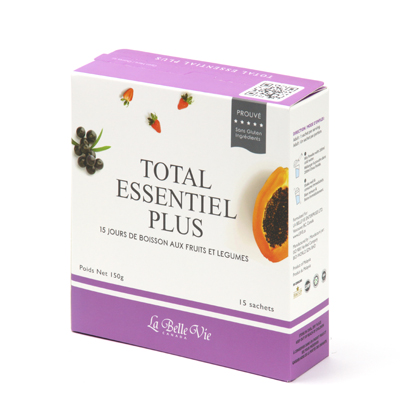

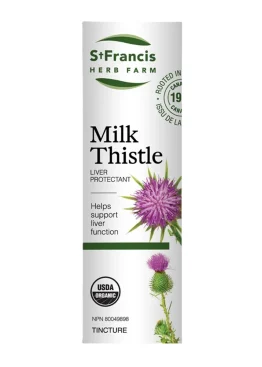
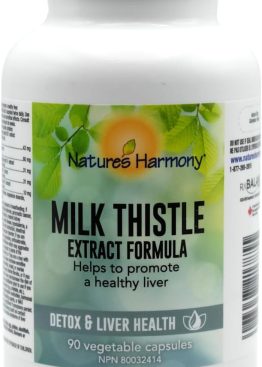
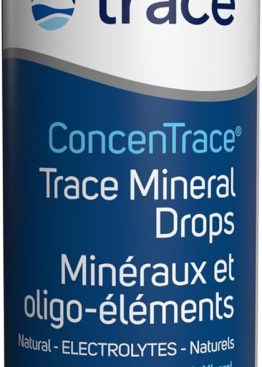
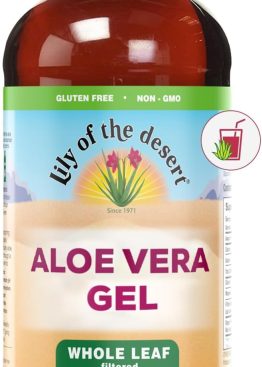
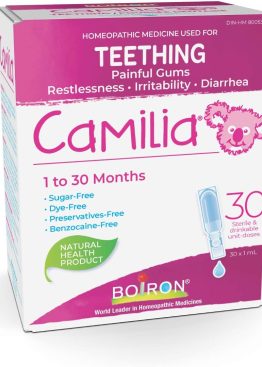
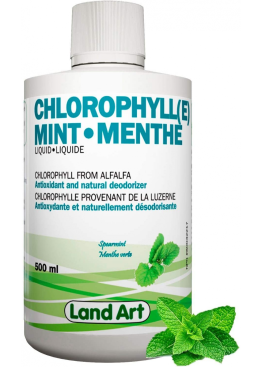


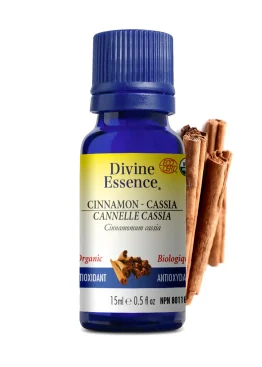




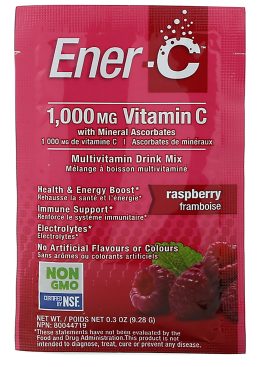
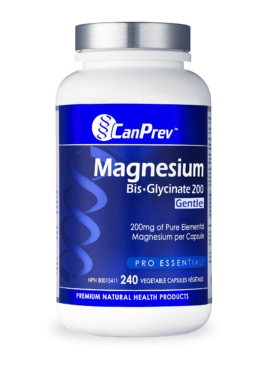
Reviews
There are no reviews yet.